in si·tu. /ˌin ˈsīto͞o,ˌin ˈsito͞o/
adverb: in the original place.
adjective: situated in the original, natural, or existing place or position.
pol·y·cul·ture. /ˈpälēˌkəlCHər/
noun: the simultaneous cultivation of several diverse kinds of [creativity, culture-making and beings]
In Situ Polyculture Commons (ISPC) is a nonprofit arts residency, commons and cultural catalyst located in Southeastern Vermont, on the unceded traditional lands of the Abenaki people, whose rich, varied traditions continue today throughout our state, and the regions of “New England” and “Quebec” – the Dawnland of Turtle Island.
We champion the meaningful intersection of creativity and ecology: all culture-making and expression happens in a specific context comprised of place, time and myriad, interwoven relationships— whether or not an artist’s focus is solely on those connections. Through our residencies and programming we support cross-pollination between creative and research disciplines, re-skilling and material knowledge for artists, and the cultivation of rich creative practices for individual artists, collaborative groups, and our communities.
ISPC is an experiment in revitalizing an old idea; the creation of creative space to be shared as commons. We are especially interested in;
• supporting collaborative practices between individual artists in unique disciplines, established collaboration groups, and cultivating cross-disciplinary opportunities for inspiration, art-making, and learning,
• re-skilling artists and the general public in relationship to the materials of making,
• supporting the creative lives and wellbeing of artists by investing in their creative practices, offering time, space, resources and community,
• stewarding diverse and nourishing commons committed to regenerative practices,
and
• piloting possibilities for regenerative, egalitarian and utopian practices that can inspire other organizations.
Our Commons is a small, private art residency campus with rustic but comfortable accommodations. We have two yurts and a small community kitchen for self catering, as well as ample space for tenting. We are close enough to the villages of Rockingham, VT for access to guesthouses and inns (Saxtons River, Bellows Falls, & Chester, VT).
A 2,000 square foot barn on the Hartley Hill property underwent extensive renovation and revitalization in 2023, to provide comfortable, shared and private work spaces for the resident founders, local artists, and visiting artist residents. Links to both Accessibility info and Facilities info are below.
The studio barn and surrounding environs lend themselves well to; visual art, music, writing, poetry, dance, collaborative work, land-based work, research, reflection, ephemeral practices, magic, small workshops and educational retreats. We do have some material and media restrictions based on our ecological impact philosophy, and the studio’s ability to accommodate them, but we aim to be able to serve as many types of creative expression as we can!
Types of Programming at In Situ
• Self-Directed Residencies (or as we like to think of them, incredibly important art-vacations)
• Collaborative Group Residencies (making your art with your collaborators or in community with your art pals)
• Workshop Offerings on our Campus (art classes, material-making or ecology-related courses for the general public)
• Institutional Collaborations (local venue with a need to host a visiting performer? Collaborative residency, exhibition or workshop idea?)
You can learn more about the upcoming programs we have on offer, including workshops and residencies, at the Programs link below.
We also welcome proposals from artists, curators and other organizations for residencies, retreats and workshops.
Don’t wait for an application round to open, go ahead and send us a proposal! Please send us a message on our Contact page, so we can learn more about what you envision.
Community is In Situ Polyculture
Cofounders Candace Jensen and Owen Schuh currently function as volunteer staff. We have a generous, volunteer advisory Board of Directors comprised of working artists & Vermont community members. They have enormous heart, intellect and talent.
We are also defined by the ever-growing community of curious and creative folk who visit us for programs, workshops, and residencies (or the occasional bonfire on the hilltop!) as well as our local partners, inns and fellow art organizations with shared vision and a commitment to the local community. We’re proud to host & collaborate with them, and share a window into their diverse work through our Community Page.
We are on Abenaki land, in Southeastern Vermont. We have neighbors who do construction, consulting, work in food justice, farming, general stores and small industry. Folks who have lived here for just a few months and for generations.
Our community is also much larger than just the human beings who take our workshops, teach, create artwork here, and support our staff— we acknowledge and value the birds, mammals, mycelium, trees, grasses, bugs, lichens, frogs and all other critters and flora who are our neighbors, our collaborators, our friends (and sometimes antagonists— looking at your mosquitoes!).
Learn more about all of us below:
Residency Application Open Calls: General application open calls for residency sessions and special fellowship applications launch in winter and spring. Watch our Instagram and join our Newsletter to be the first to know!
Resources and Further Reading: A list of resources and further reading is coming soon, to encourage others to be inspired by the numerous books, speakers, thinkers, cultural artifacts and schools of thought and action that have informed our approach and our vision. We will list them in our blog.
Consulting and Education: We are striving to co-create the world we want to live in— and once we figure some of this stuff out, we want to share it! How do you transform private land and make art commons? How do you share rental space or unused or underutilized parts of your property with artists and creative folk, who otherwise might not have space to do their work? How can we more meaningfully inspire the intersection of horticulture, agriculture, and land stewardship with creative work, cultural production, and creative expression? These are the questions we seek to answer through dialogue, experimentation and determination. More on that soon!